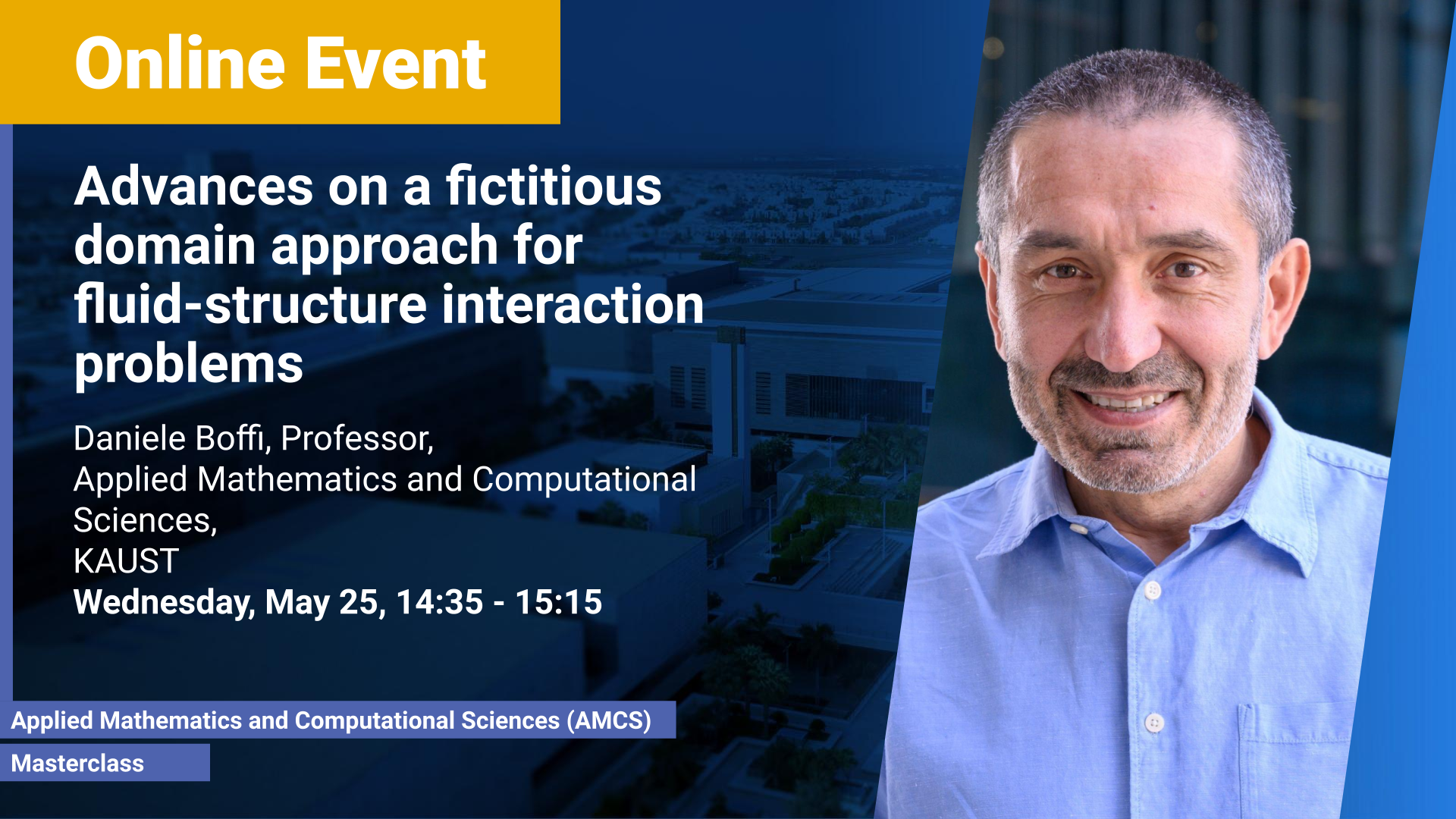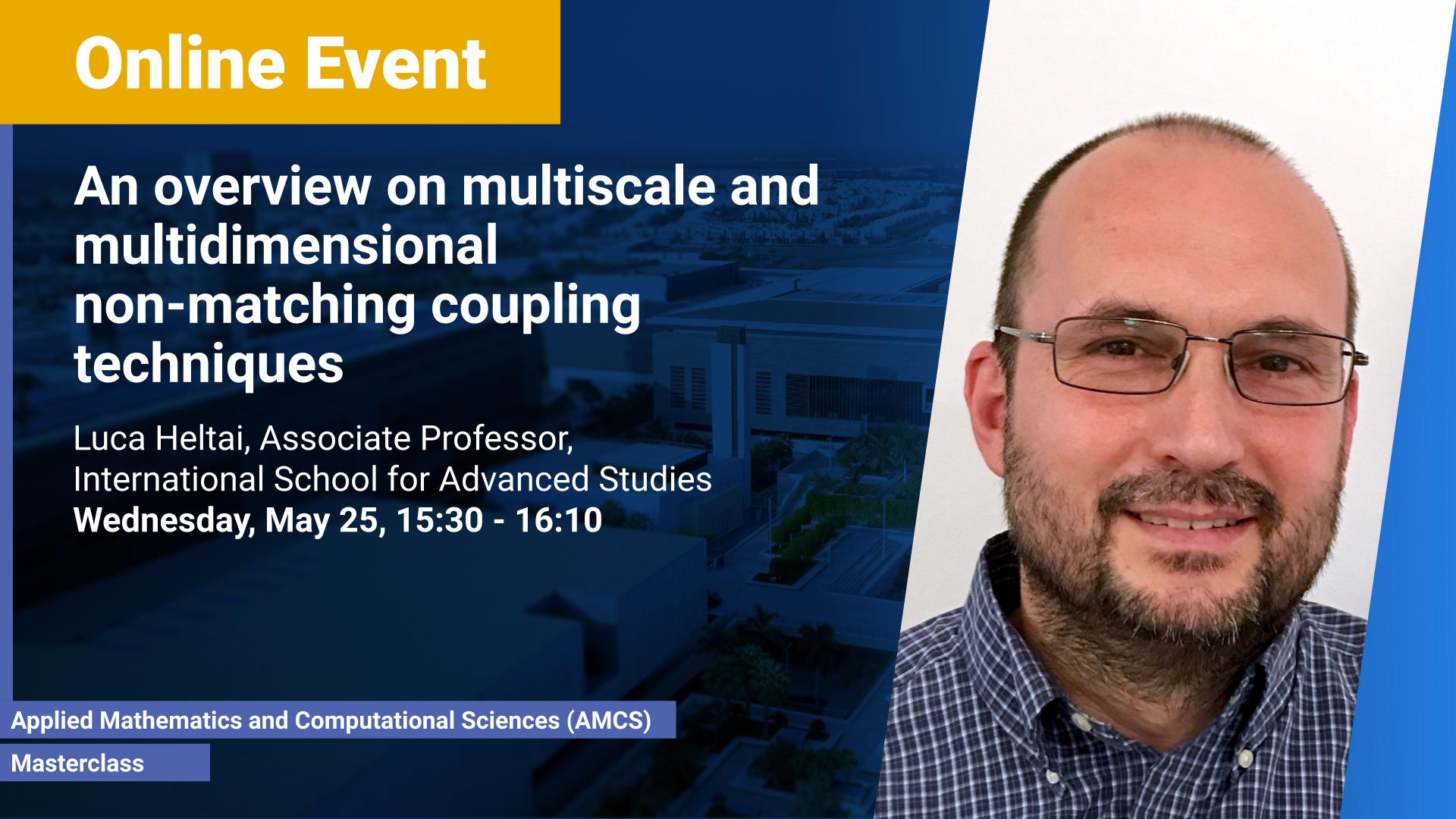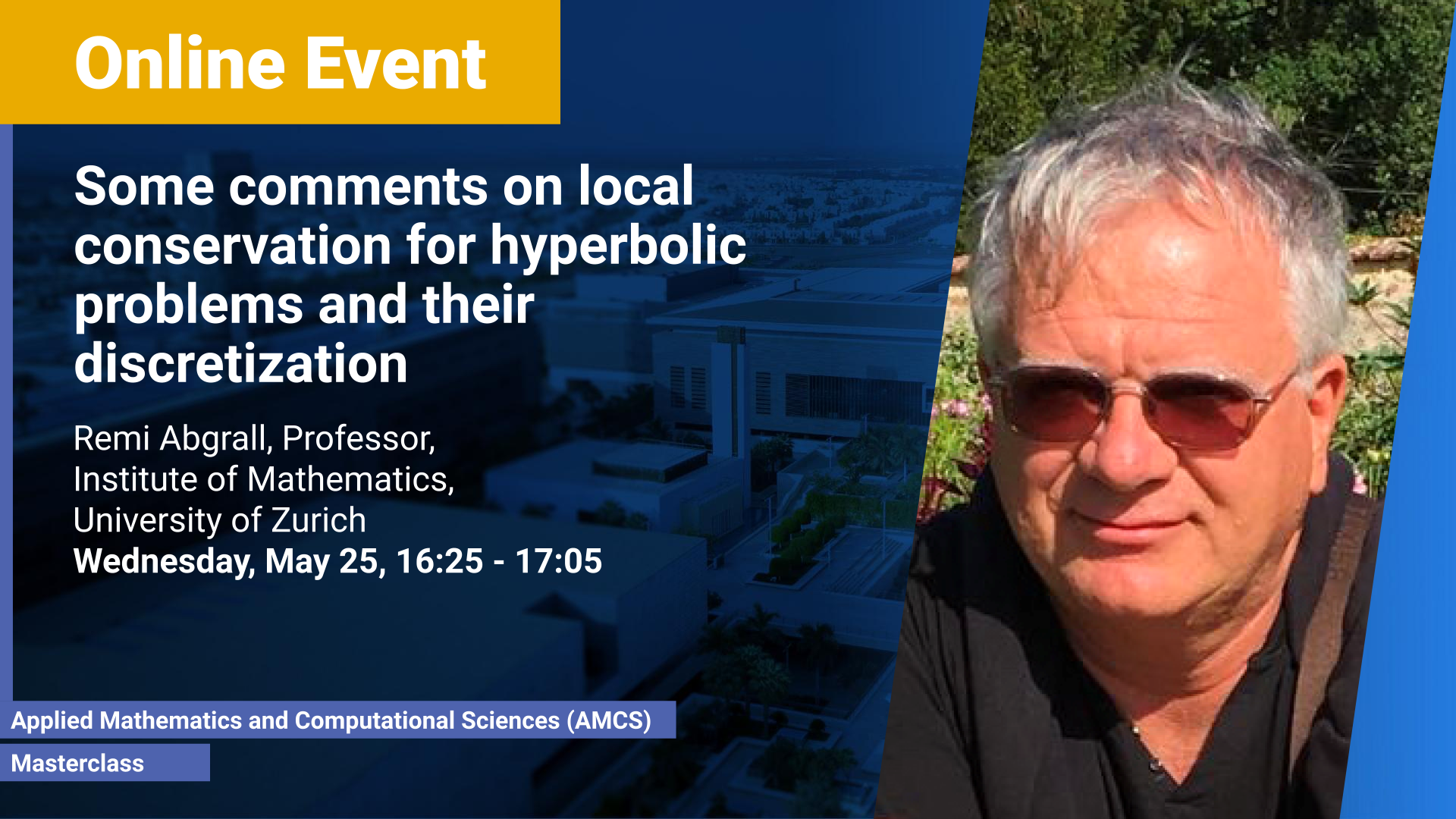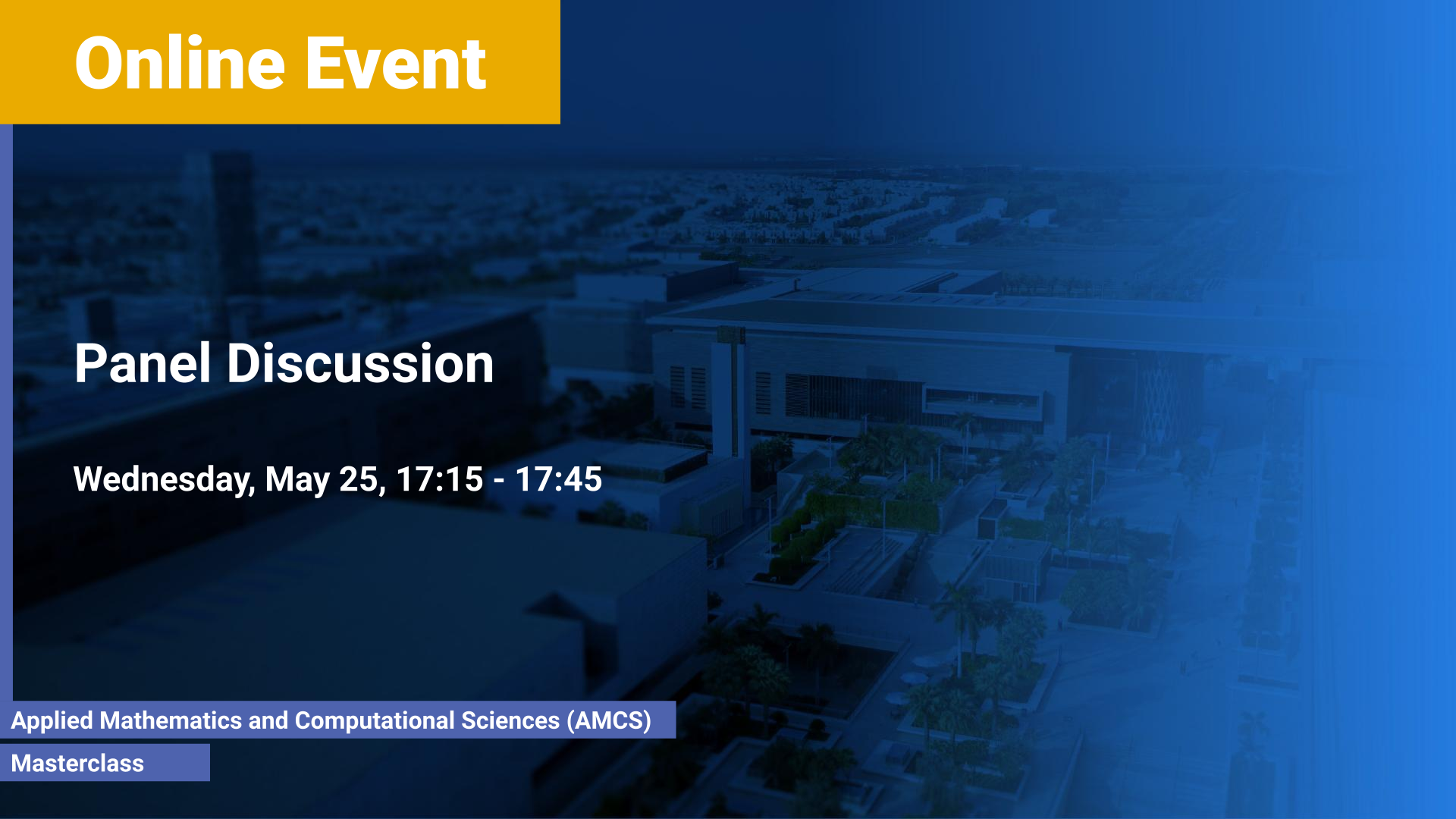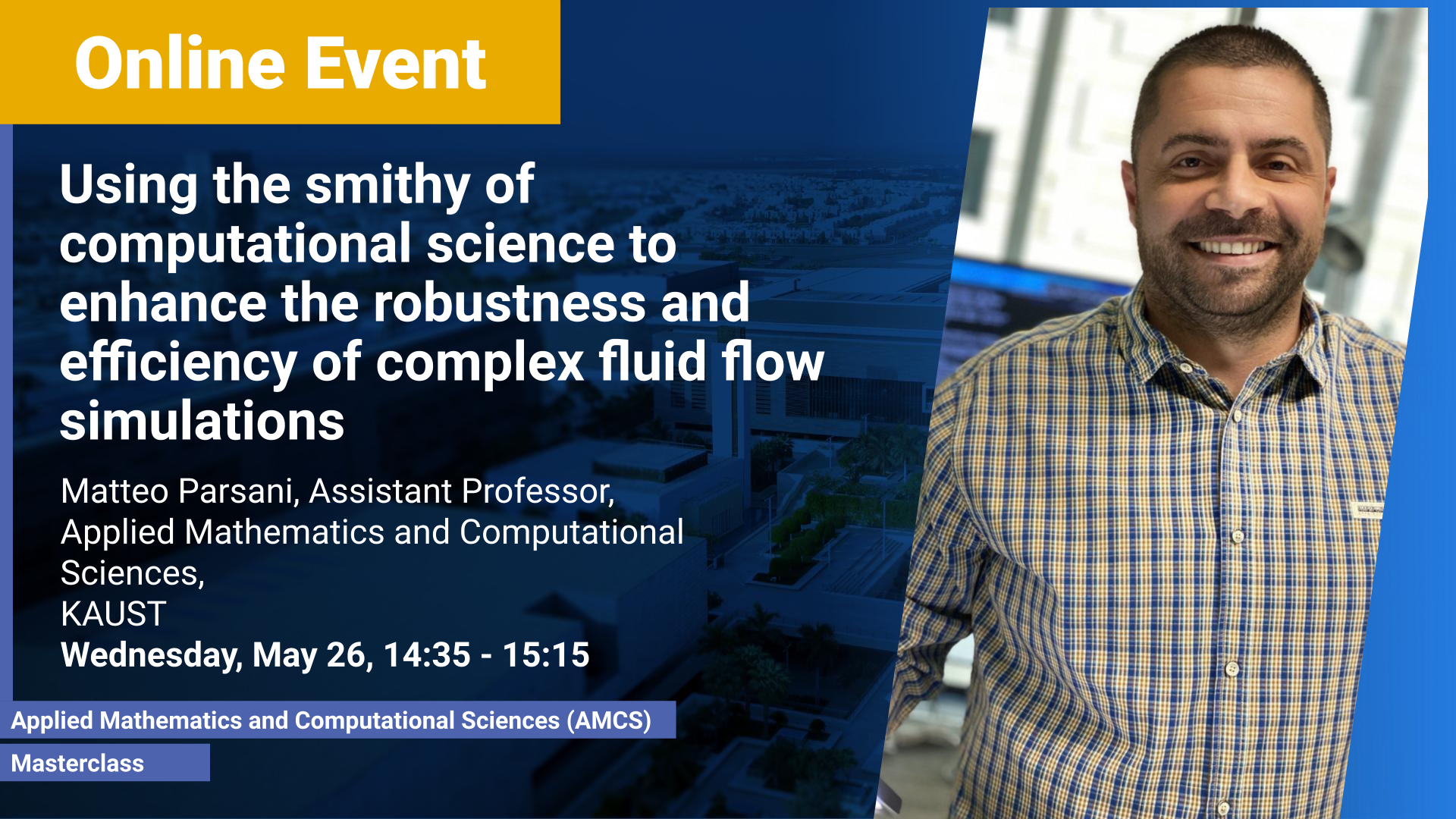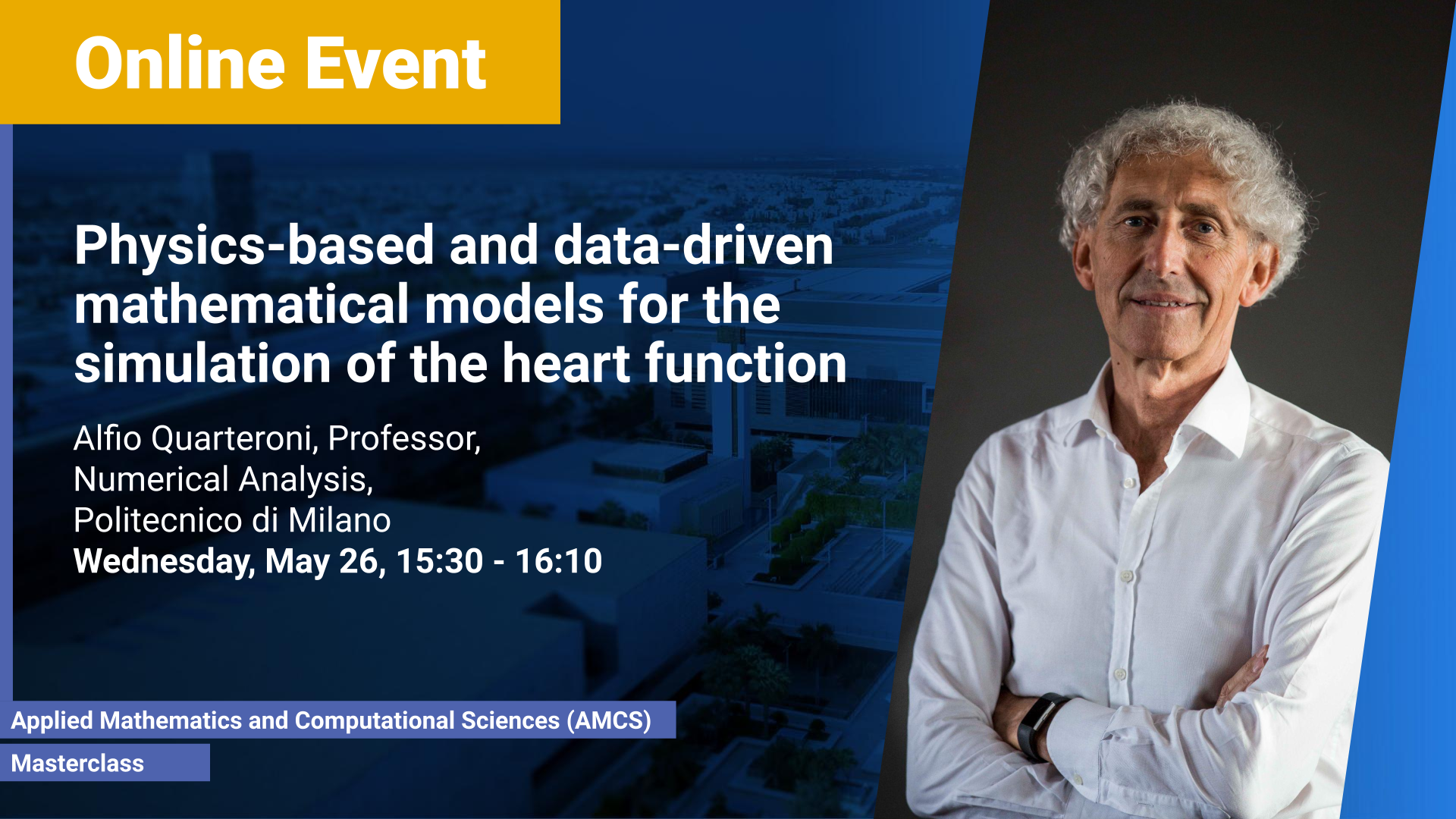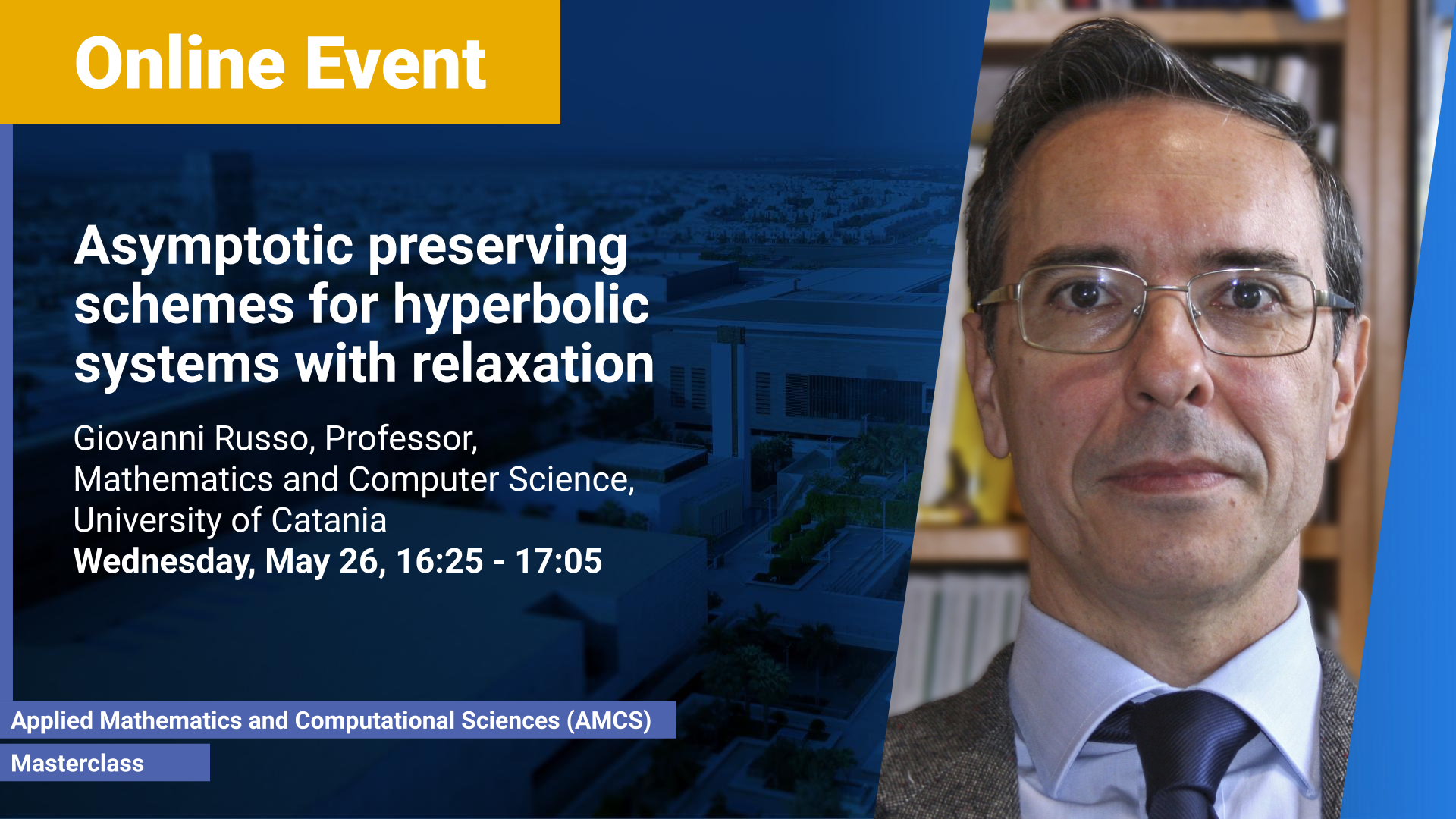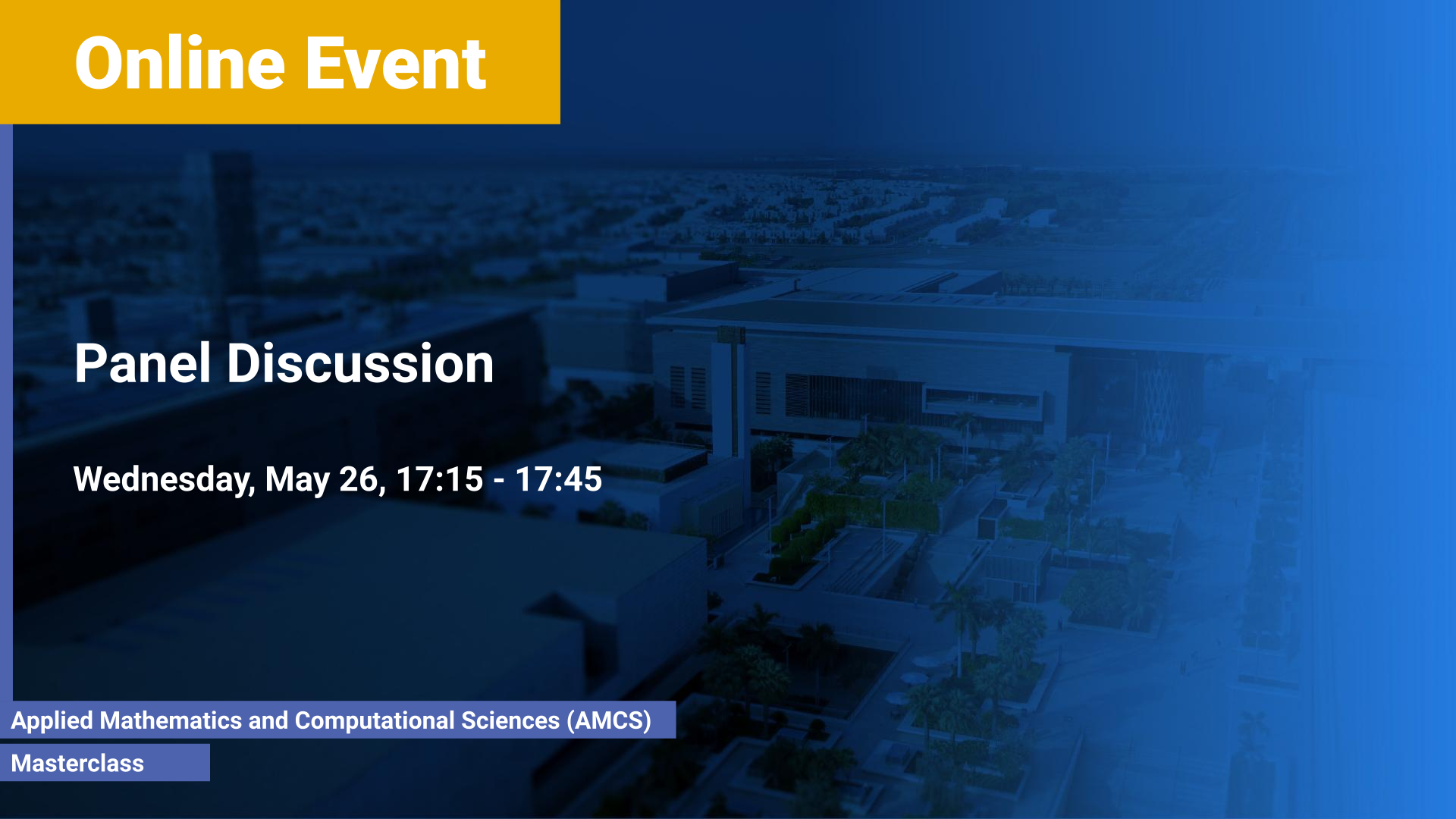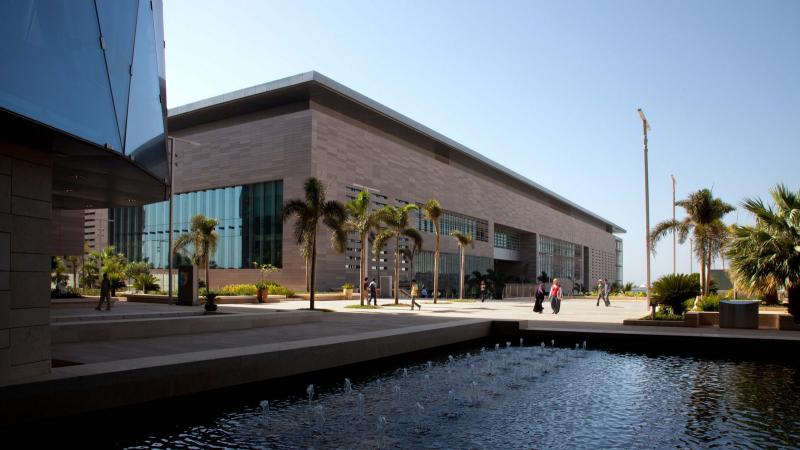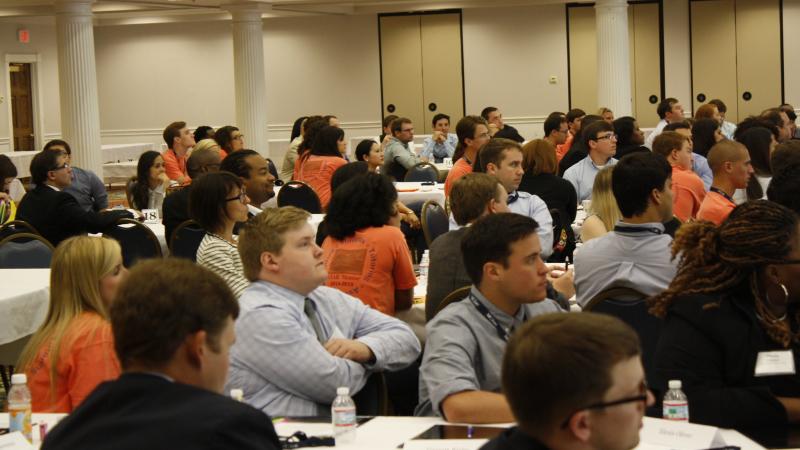KAUST Masterclass:
Numerical Analysis and Scientific Computing
May 25-26, 2022
Modern numerical analysis can be traced back to the 1947 paper "Numerical Inverting of Matrices of High Order" by John von Neumann and Herman Goldstine (Bulletin of the AMS, Nov. 1947). It is one of the first papers to investigate rounding error and includes a discussion of what is now known as scientific computing. Although numerical analysis has a longer and more rich history, "modern" numerical analysis is very often characterized by the synergy of programmable computers, mathematical analysis, applied mathematics, and the need to solve large-scale and complex problems accurately.
For instance, our ability to produce clean and efficient energy in combustion engines, wind farms, and advanced organic Rankine cycles depends on fine details of fluid motions. In biomedical research, building realistic models of transport phenomena in the human circulatory system to provide insight into the localization and cure of, for instance, atherosclerosis and cancer is a formidable mathematical and computational challenge that must incorporate the accurate description of the motion of fluid in complex and deformable geometries, pulse-driven changes in pressure, and non-Newtonian flow. The ecology of the Red Sea and any other oceanic body cannot be separated from an understanding of its circulation. The understanding of the fine details is a crucial component in the understanding, design, and optimization of catalytic multiphase reactors. It may be impossible, too dangerous, or too expensive to perform extensive and detailed experiments in these and other applications. Therefore, applied mathematics, numerical analysis, and computation must serve as a primary source of insight, including guiding the experiments that must be performed.
The KAUST Masterclass on Numerical Analysis and Scientific Computing highlights a selection of cutting-edge academic research within this field by comprising a series of talks focusing on different topics.
